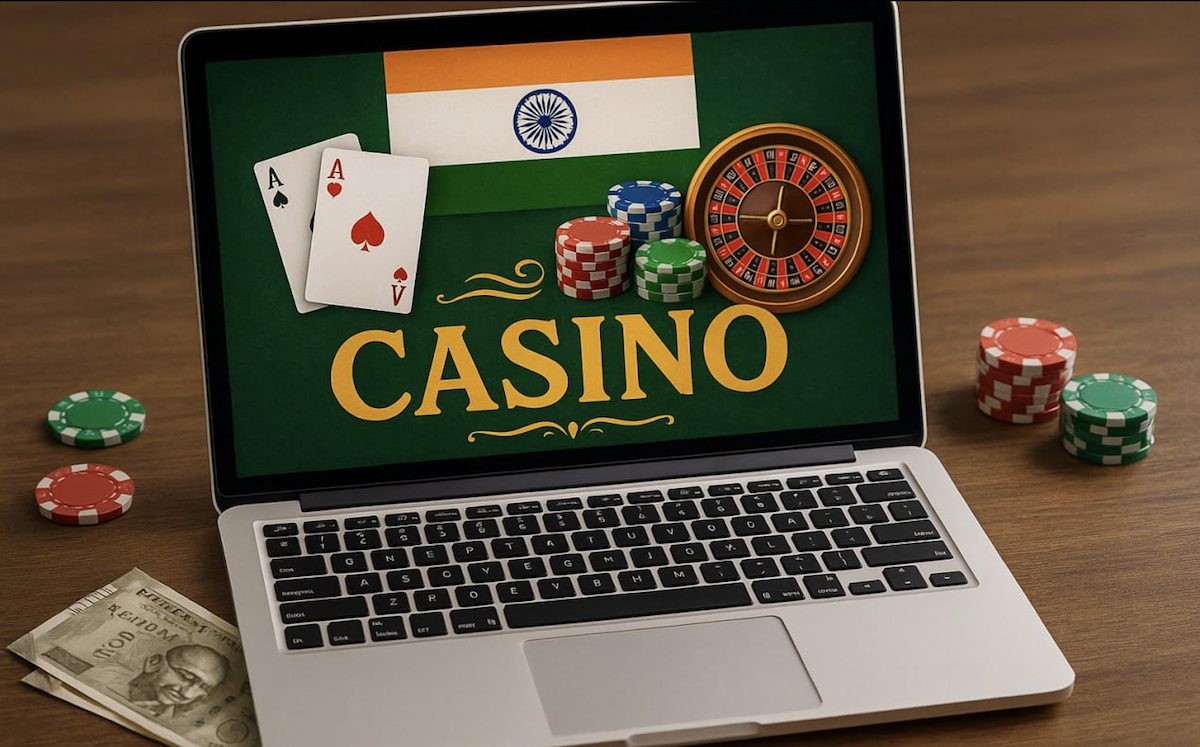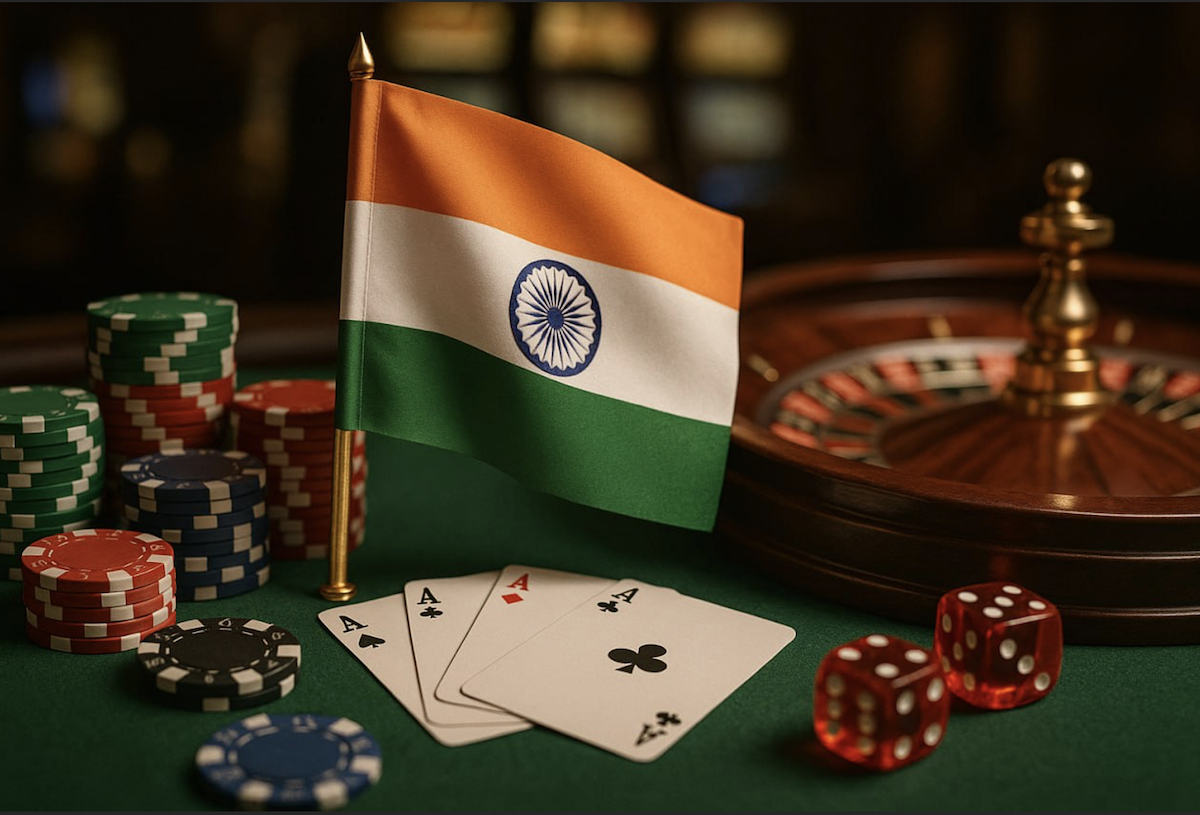Casino Business in India: Landscape, Prospects & Challenges
Understanding the Casino Business in India: Key Challenges, Opportunities, and Future Trends
People used to think of casinos as fancy land-based casinos in Goa or Sikkim, but now many players enjoy games online from their phones. Industry leaders that already attract thousands of local players, like Pin Up Casino, confirm what’s already clear: the online casino business in India is growing faster thanks to better internet, smoother payments, and accessible games. But challenges still exist. So what might 2025 bring, and how could the industry evolve next?
The Evolving Casino Scene in India: Convenience as the Key Factor
Online betting in India continues to grow in popularity because it offers unmatched convenience. Instead of planning trips to physical casinos, players can enjoy betting anytime and anywhere, without any need to follow dress code or other unspoken rules of offline gambling.
Some of the game-changing factors include:
- 24/7 access to games in a free demo or real money mode without visiting a physical location.
- Instant deposits and quick withdrawals via UPI, Paytm, and international wallets, as well as cryptos.
- No waiting time—games load quickly, and users can start playing within seconds.
- Seamless mobile experience with apps and browser-based platforms.
- Ability to switch between different games or betting categories in just a few taps.
- Personalized settings, game history, and auto-play options.
With all of these features designed specifically for convenience and obviously hitting the target, online platforms continue to attract more users in India.
What Makes Playing at Indian Casinos Fun and What to Be Careful About
The obvious shift towards online experience is not only about convenience. It’s also about multiple practical benefits for local users.
In particular, the most useful (and distinctive) features of modern online platforms are:
- Wide game selection. Includes 10,000+ slots on top sites, live games, TV formats, and Indian favorites like Teen Patti.
- Payment integration. Support for UPI, Paytm, local wallets, and international solutions from Skrill to cryptos.
- Bonuses and rewards. Frequent promotions, cashback offers, a welcome bonus, and tournaments with real-money prizes.
While online betting continues to grow, not all platforms offer the same level of service. Differences in how they operate can affect what players experience:
- Site verification. Some platforms may not clearly show who runs them or what license they use.
- Withdrawal speed. Payouts are not always instant and can be delayed due to manual processing, identity checks, or banking delays.
- Regional restrictions. Availability may vary, as local policies differ by state.
Some of these challenges, like unclear rules or service inconsistencies, also reflect the broader environment in which platforms operate. The fact that online betting is legal in India in certain contexts highlights how the industry is evolving, but many issues still persist regardless of legality.

The Future of Casino Entertainment in India
The online casino space in India is entering a more advanced phase, driven by rapid improvements in technology.
These are some directions this evolution is taking:
- Missions and challenges: players complete in-game tasks to earn rewards, adding structure and variety.
- Smart suggestions: platforms use activity data to recommend relevant games.
- 3D casinos: virtual spaces offer more immersive, game-show-like environments.
As these trends become more common, casino companies in India are expected to offer a more consistent and tailored experience, especially for mobile-first users.
Final Thoughts
Online casinos have become a mainstream form of entertainment in India. While players focus on games, promotions, and convenience, the bigger picture is also shifting. Rising visibility of digital casinos also raises broader questions, including how to open casino in India, a topic that reflects both regulatory complexity and the sector’s ongoing growth. The system is still adapting, but we can expect positive changes in the near future.




